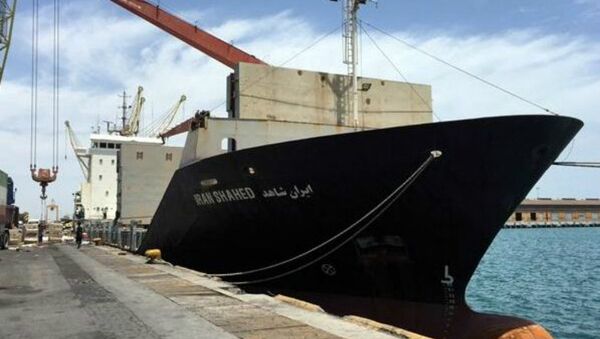According to UNICEF, the delivery of aid to Yemen was made during a five-day humanitarian ceasefire, which took effect on May 12.
"During the pause, UNICEF was able to deliver assistance to affected people across the country, however humanitarian assistance cannot replace the needs of 26 million people who have been cut off from a regular supply of commercial imports of food and fuel," Julien Harneis, the UNICEF representative for Yemen, was quoted as saying by Iran’s Fars news agency.
Following the termination of the ceasefire, Riyadh resumed airstrikes in Yemen, hitting several positions in the southern port city of Aden.
Last month, the Saudi forces prevented two Iranian civilian planes from delivering medical aid and food to Yemen.
On Saturday, Johannes van der Klaauw, the UN humanitarian coordinator for Yemen, said Saudi Arabia's harsh inspection process is obstructing the flow of humanitarian aid into war-wracked Yemen.
Saudi Arabia launched its bombing campaign against Yemen on March 26 in an attempt to restore power to fugitive President Mansour Hadi.



